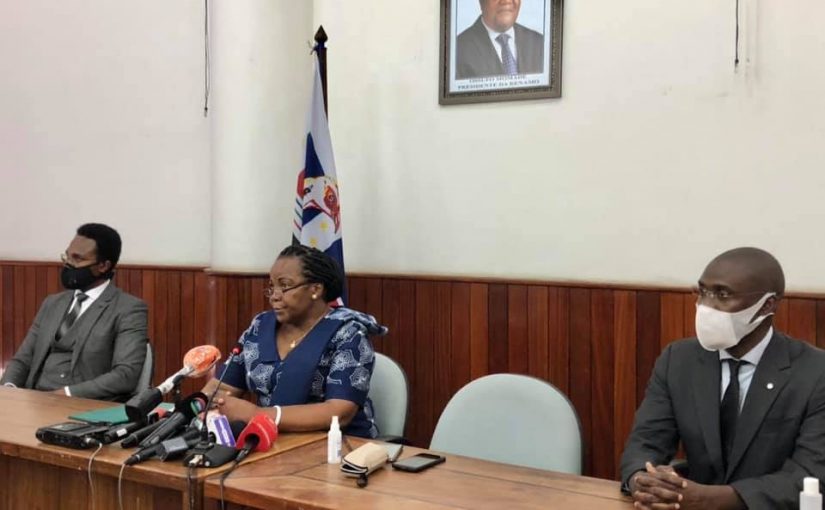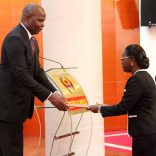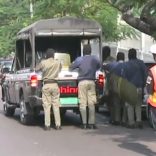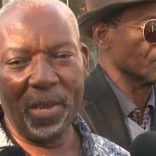Malawi elections 'set an example' of democracy in Africa, says Mozambique's president
Mozambique attacks: Renamo insists on commission of inquiry on human rights

Photo: BP Da Renamo Renamo / Renamo Parliamentary Bench / Facebook page
The Mozambican National Resistance (Renamo), the country’s main opposition party, today insisted that a parliamentary commission of inquiry, rather than a specialised commission, would be better able to investigate the violation of human rights in the north and centre of the country.
Renamo boycotted the investigation carried out by the Commission on Constitutional Affairs, Human Rights and Legality of the Assembly of the Republic on the human rights situation in the provinces of Cabo Delgado, in the north of the country, and Manica and Sofala, in the centre.
At a press conference held during the debate on the commission’s report, Renamo deputy chief whip, Clementina Bomba, justified Renamo’s decision with the refusal of the Standing Commission to allow a parliamentary commission of inquiry to carry out the investigation of alleged human rights abuses in the two provinces.
According to Renamo, a commission of inquiry would have allowed members of different parliamentary parties, with different sensitivities, to join in.
“We wanted to find out, by suggesting the creation of this commission of inquiry, who is actually violating human rights in those four provinces [including Niassa], but we were turned down,” Bomba inquiry.
Renamo’s deputy chief whip accused the Standing Commission of violating the organ’s charter by refusing three draft resolutions from the main opposition party proposing the creation of a parliamentary commission of inquiry to investigate the human rights situation in the centre and the north of the country.
Renamo walked out of yesterday’s parliament session at the beginning of the presentation of the Report Concerning the Investigation of the Situation of Human Rights in Conflict Zones in the Provinces of Cabo Delgado, Manica and Sofala.
The investigation did not include Niassa, a province neighbouring Cabo Delgado, which was included in the Renamo proposal.
The report was approved in a resolution which repudiated the armed violence in the north and centre of the country and asked the government to strengthen the logistical and material capacity of the Defence and Security Forces (FDS).
The approval of the resolution comes at a time when the conflict in Cabo Delgado has been the subject of international attention as a result of reports of massacres committed by the rebels affecting hundreds of people in the past week, some allegedly beheaded.
UN Secretary-General António Guterres on Wednesday said he was “shocked” by ” the reports of massacres by non-state armed groups in several villages, including reported mass-beheadings, and kidnapping of women and children”.
António Guterres urged the Mozambican authorities “to conduct an investigation into these incidents, and to hold those responsible to account”, calling on all parties to the conflict “to abide by their obligations under international humanitarian and human rights law.”
The armed violence is causing a humanitarian crisis, with some 2,000 deaths and 435,000 people displaced to neighbouring provinces without housing or sufficient food, mainly concentrated in the provincial capital, Pemba.
In the central region, the Military Junta, a Renamo splinter group, is suspected of killing 30 people in attacks on buses, villages and the FDS. The movement, which emerged in June, 2019, opposes the Renamo leadership elected at the 2019 congress,












Leave a Reply
Be the First to Comment!
You must be logged in to post a comment.
You must be logged in to post a comment.